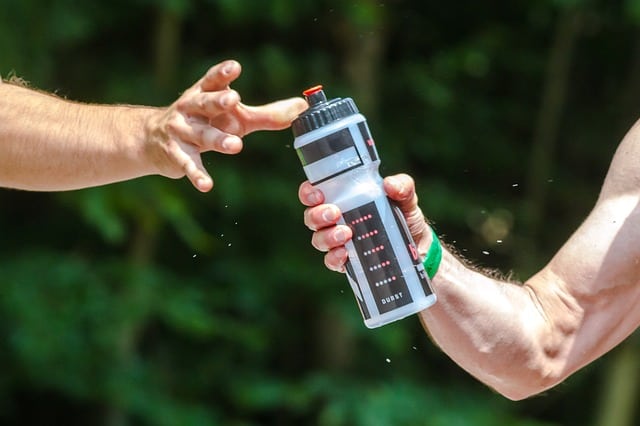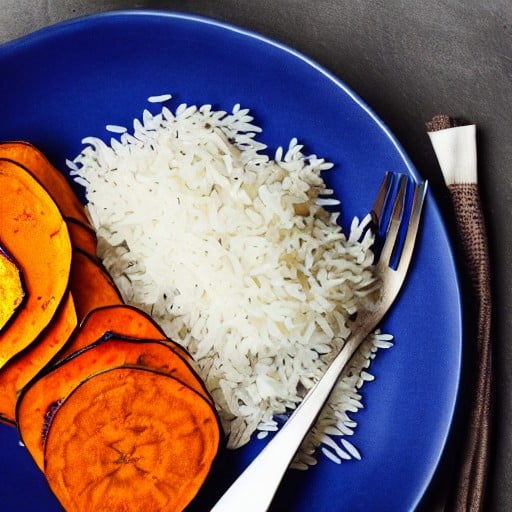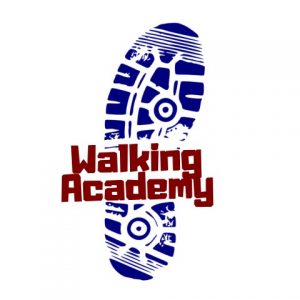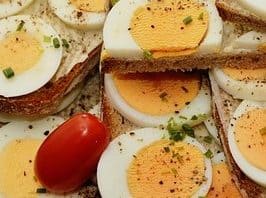Table of Contents
Some links on posts are affiliate links and will earn us a commission from qualifying purchases
Hiking is a sport that can be enjoyed by people of all ages. It is also one of the easiest ways to stay fit and get away from your daily routine, and can be a fun way to get out into nature, which is known to help restore your mind and health. However, sometimes you hike long distances, you need to refuel soon after, and it can be hard to know what to eat after hiking.
The right food will help replenish your energy so that you can enjoy the rest of your day doing other activities, or even if you are just relaxing at home. This post provides some great options for delicious snacks that are nutritious and easy on the digestive system.
Drink plenty of fluids after hiking
After hiking, it is important to remain hydrated. Dehydration can affect your body in a variety of ways and be harmful if left untreated. This includes headaches, fatigue, muscle cramps, dry mouth and dizziness. If it is extreme, it could even cause death. Research has shown that drinking water along with Gatorade or another electrolyte drink will significantly improve the overall health of those who are active outdoors.
Did you know that your electrolytes are responsible for making sure all of the cells in your body perform their functions properly? As any avid hiker will tell you, electrolytes play an important role in keeping the body functioning at its peak. An imbalance of these salts can lead to muscle cramping and even exhaustion if severe enough.

While there are several methods for rehydrating your body after a hike (both electrolyte-rich foods and sports drinks), some hikers prefer to take liquid supplements that contain the proper amounts of sodium, potassium, calcium and magnesium – all essential ingredients when it comes to re-establishing balance within our bodies.
It’s not essential to drink electrolyte drinks though, you can stick to just drinking water. But if so, you really need to ensure you eat the correct foods to help you recover.
When hiking, what you eat and drink is just as important as how often you stop to rest. If your body lacks any of the essential nutrients it needs, there can be a number of negative consequences.
A quick word about alcohol
Drinking alcohol before hiking can lead to dehydration and exhaustion later on. So think about what you drink the night before a morning hike, and if you are drinking alcohol you should really limit the quantity. As it’s easy to get carried away once you start drinking alcohol on a night out, you should really consider only drinking soft drinks if you are on an evening out or even at home.
Eat a big meal with lots of carbohydrates and protein to refuel your muscles
After hiking for a long time, you will probably need to refuel your body with something that is rich in carbohydrates and proteins. It’s important to eat as soon as possible since the hike may have depleted your energy supply of glycogen. Here are some good options after a hike:
- Eggs
- Rice
- Lentils
- Beans
- Whole wheat breads and cereals
- Cottage cheese
- Lean meats such as chicken or turkey
- Fish such as tuna or salmon
- Sweet potatoes
- Whole grain pasta

Avoid foods that are high in fat or sugar, as they will slow down recovery
When you are hiking in the countryside and want to stay healthy, it is important to avoid all foods that have a high fat or sugar content. When you hike, your body goes through a lot of wear and tear – your muscles break down, releasing lactic acid into the bloodstream. Your pulse rate rises to assist with delivering oxygen, which means that more fats are broken down.
So rather than reaching for that slice of chocolate cake as soon as you walk through the door, try to eat food that is low in sugar and fat. If you are feeling a bit weak then I’d recommend some fruit straight away, but if you are ok to prepare a meal without collapsing then after drinking some water start to think about what to have as a meal.
Examples of foods that are low in fats and sugar:
- Bananas
- Apples
- Oranges
- Broccoli
- Cauliflower
- Spinach
- Avocado
- Flax seeds
How quickly should you eat after completing a hike
One common mistake that hikers make, however, is not eating enough during or after their hike. When you are hiking for an extended amount of time, you need to eat more food than usual in order to keep your body fueled so it doesn’t wear down before you reach the end point.
Try to eat a substantial meal, but not too big, within two hours. So rather than just a small snack, a good plate of food but not one that is overflowing. Of course, when you finish your hike, you may find yourself a bit weak so it’s best to keep a protein bar or some home-made trail mix in your rucksack or car just for those times. This will keep you going whilst your prepare something more substantial.
If it’s a morning walk I have returned from then personally I would go for a light lunch such as bananas on wholemeal toast, or if an afternoon hike then perhaps a plate of steamed vegetables with brown rice for dinner.
You’ll soon see what is right for you by using the list of items above and also your own knowledge and preferences as to your tastes.
Conclusion – What to eat after a long walk
As we’ve seen, it’s important to refuel after a walk. So follow the following points to make sure you feel good and recover well:
- Hydration – you will probably keep hydrated whilst walking, but don’t stop drinking when you return. Make sure you have water and/or electrolyte drinks when you get home so that you keep your body hydrated.
- If you are weak straight after finishing, have a trail bar, some trail mix or a piece of fruit handy in the car to ensure you get some energy back before driving home.
- Eat a light, healthy meal of protein and carbohydrates, avoiding food that is high in fats and sugar.
Related Posts
As I walk more, and see the changing shape of my body, I am starting to eat healthier too. Apart from having a sweet tooth and weak when someone says to me "have another beer", day to day I am trying...
I like my food, and no doubt that has helped contribute to my middle aged spread, especially as I will veer towards anything sweet - cakes, biscuits, chocolate. But of course I know that if I am out...


